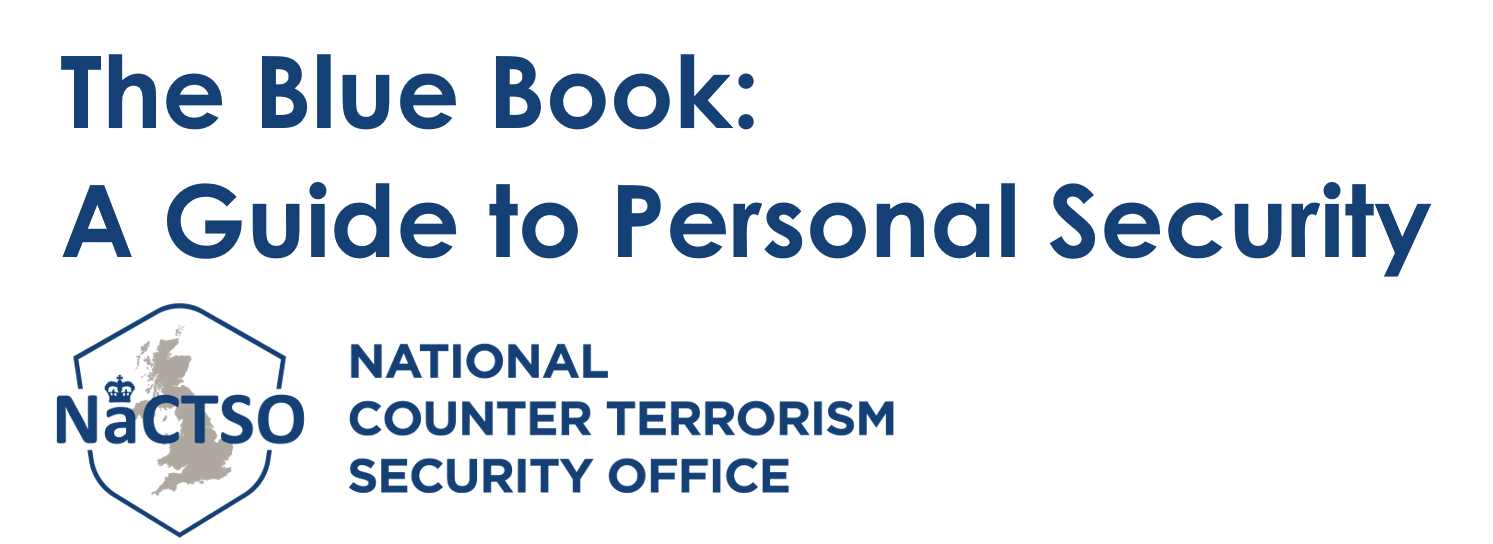Before travelling ensure that you make time to research where you’re going, even if the country appears to be safe.
Make sure co-travellers understand cultural sensitivities and know their responsibilities whilst travelling and representing their organisation. Refrain from posting information about the trip on social media.
Before travelling, make sure that someone at home knows:
-
the itinerary and any deviation from the scheduled itinerary
-
an emergency point of contact telephone number
-
who you are going to see
-
how you will travel
-
when you expect to arrive and when you expect to return
-
what to do in the event of undue delay
Make sure you know the local equivalent of 999 and memorise your location.
Hotels
Ensure that the hotel has been booked through your organisation’s approved process or through a reputable travel provider.
-
where possible, avoid regularly using the same hotel
-
at reception, try to avoid other people hearing your name and room number
-
never see visitors in your hotel room. Meet visitors in a recognised place of business, in a public space or a meeting room (where venue staff will be aware of the arrangement)
-
be wary of hotel paging or public address systems. It is advisable to prearrange with the hotel for callers to leave their name and contact details with reception. This will reduce the risk of identification and possible attack
-
if travelling you could take a door wedge. It can be placed under the door to prevent the door being opened from the outside
-
know the fire and escape route options
Hotel safes can be useful for securing valuable items such as currency and jewellery. It should not be used for securing sensitive or personal information as they can be opened with a master key or override code.
Further information before you travel:
www.gov.uk/foreign-travel-advice
www.npsa.gov.uk
